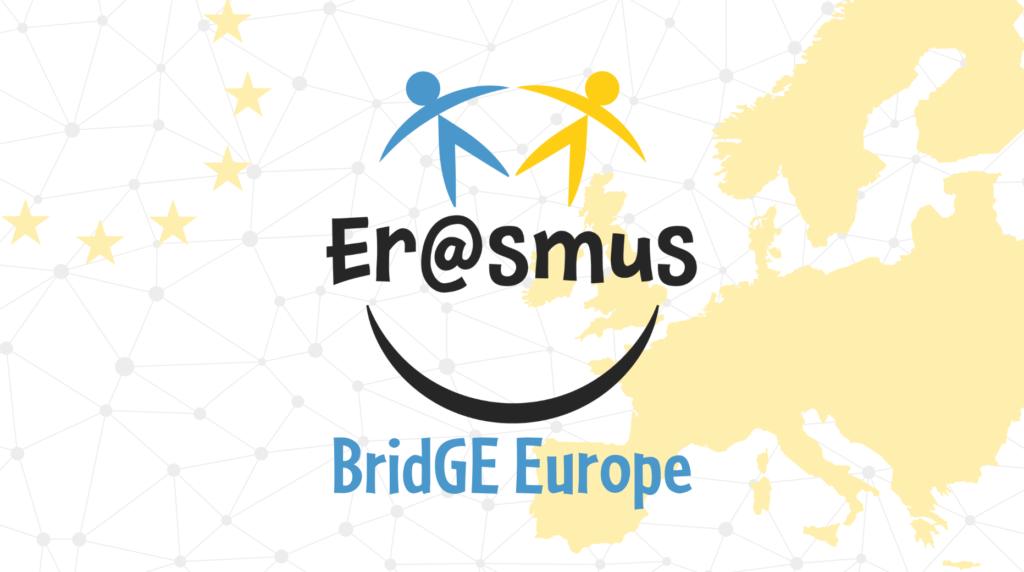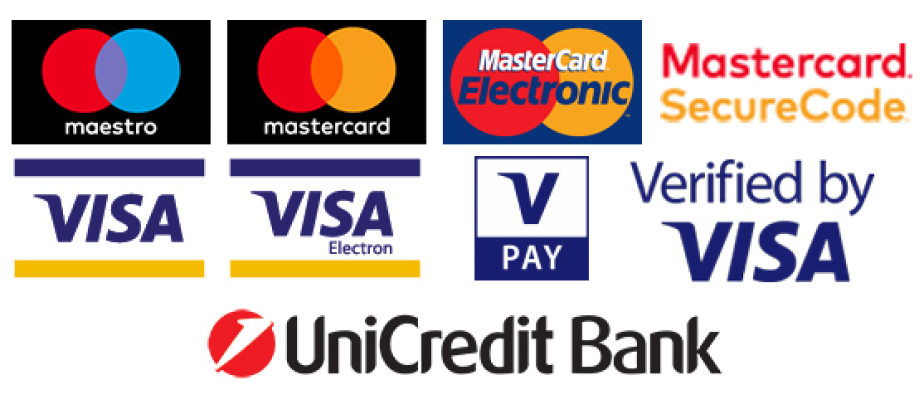
Bridging the Generational Gap between Teachers in Europe (BridGE Europe) project considers generational gap between teachers and educators as one of the biggest challenges of modern education in Europe.
Fewer and fewer young people are attracted to teaching as a career or choose is as a profession out of passion for the students or a different discipline. In the meantime, most faculties are facing with the problem of increasing average age of teachers, which combined with the decreasing number of young teachers entering the system led to a continuously widening generational gap between older and younger generation of educators.
Digitalization and the age of social media has changed our lives more in the last decade than maybe anything before. Accordingly, we see digitalization as one of the first and foremost issue to be addressed in the framework of the project aiming to bridge the generational gap between younger and older generation of teachers in secondary school education.
Together
we shape the future!
We have built our training on our expertise and two decades of running successful language training centres and language schools.


What is BridGE?
Supported by the Erasmus+ program, BridGE Europe aims to reduce the generational gap among teachers across Europe. Insedo Ltd., based in Hungary, coordinates the project, with partner organizations including Agrupamento de Escolas de Oliveira do Hospital from Portugal and UPI – ljudska univerza Žalec from Slovenia.
#BridGEurope #Commsjourney #Erasmus

Welcome to Veszprém!
The four-day ERASMUS Bridge project, held in Veszprém in April 2024, Hungary, was a comprehensive endeavor aimed at fostering collaboration and innovation in education. One of the pivotal events within this project was the “Pedagogy Plus: Crafting Questionnaires for Contemporary Educators” workshop, which took place on the final day.
#BridGEurope #Commsjourney #Erasmus
Az alábbi gombra kattintva elérhetőek kérdőíveink, melyek kitöltésével sokat hozzáadhat munkánk minőségéhez.
Köszönjük a segítséget.
Címünk: 8200 Veszprém, Cserhát lakótelep 7. • Tel: +36 30 583 7137
E-mail: info@insedo.hu • Ügyfélszolgálat: Hétfő-Péntek 8:00-16:00
Felnőttképzési engedélyszám: E/2020/000259
Bejelentési nyilvántartási szám: B/2020/001363

Bankkártyás fizetést biztosítja a UniCredit Bank